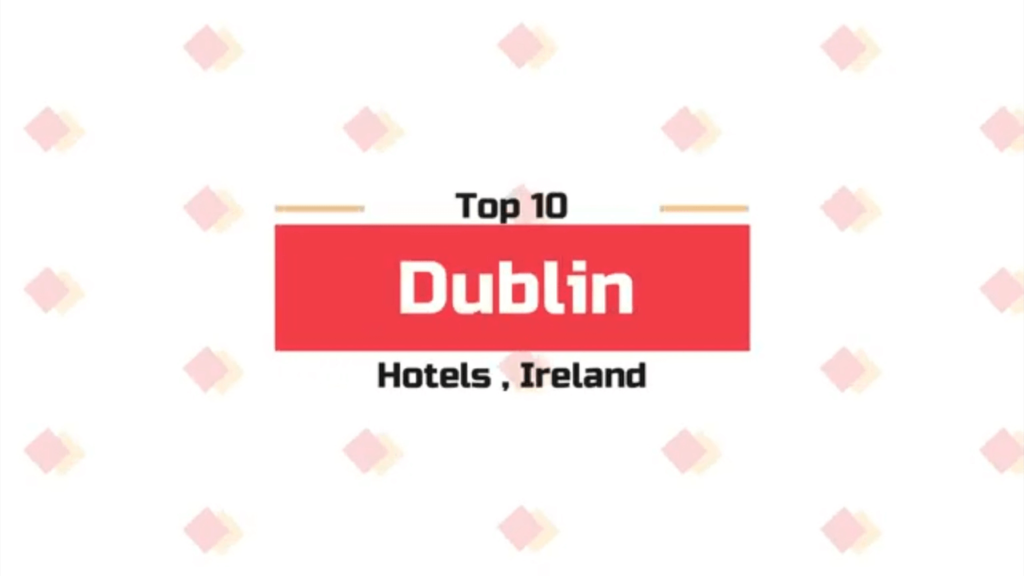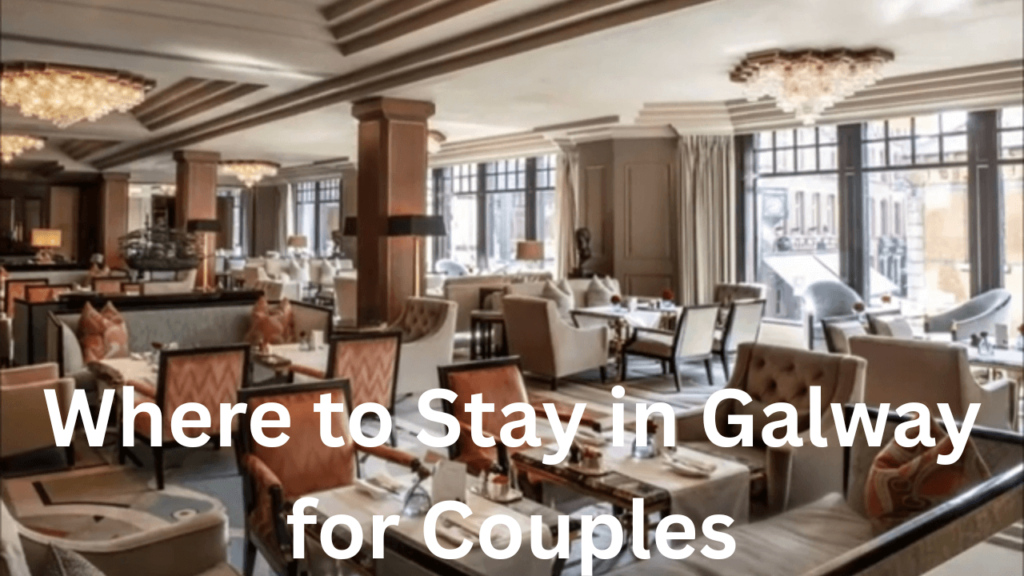When planning a trip to Ireland, one of the first questions you’ll face is: Should I stay in an Airbnb or a hotel? This decision can greatly shape your travel experience, budget, and comfort level. As someone who has stayed in both Airbnbs and hotels across Ireland—from Dublin’s bustling city center to quiet villages along the Wild Atlantic Way—I’ve learned that each option comes with unique benefits and drawbacks.
In this guide, I’ll break down the differences between Airbnb and hotels in Ireland, share personal experiences, and help you decide which is the right choice for your trip.
Why This Choice Matters for Travelers in Ireland
Ireland’s tourism scene has evolved in the last decade. According to Fáilte Ireland, the number of visitors choosing short-term rentals like Airbnb has increased significantly since 2015, especially among travelers seeking local, authentic experiences. However, hotels remain the go-to option for many due to their consistency, amenities, and hospitality services.
The right choice depends on your budget, location, comfort needs, and travel style.
Airbnb in Ireland: The Experience
Pros
- Local Charm – Many Airbnbs are located in residential areas, giving you a taste of Irish neighborhood life.
- Unique Properties – From cozy cottages in Connemara to renovated farmhouses in Kerry, Airbnbs can offer distinctive stays you won’t find in hotels.
- Kitchen Facilities – Ideal if you want to save money by cooking your own meals.
- Great for Groups – Renting an entire home can be more affordable than multiple hotel rooms.
Cons
- Less Regulation – Not all Airbnbs meet the same safety or quality standards as hotels.
- Inconsistent Service – You might not have daily cleaning or on-demand assistance.
- Hidden Costs – Cleaning fees and service fees can quickly add up.
- Availability Issues – Popular areas (like near the Cliffs of Moher) book up quickly during peak season.
Hotels in Ireland: The Experience
Pros
- Professional Service – Expect 24/7 reception, daily cleaning, and concierge support.
- Central Locations – Many hotels are situated in prime tourist areas, close to attractions.
- Amenities – On-site restaurants, bars, gyms, and sometimes spas.
- Consistency – Standards are more predictable, especially in well-known chains.
Cons
- Higher Prices – Particularly in Dublin, Galway, and Killarney during peak tourist season.
- Less Space – Hotel rooms can be smaller than an entire Airbnb property.
- Limited Local Interaction – Hotels can feel more corporate and less “authentic” than staying in someone’s home.
Price Comparison: Airbnb vs Hotels in Ireland (2025)
| Location | Average Hotel Price (per night) | Average Airbnb Price (per night) |
|---|---|---|
| Dublin | €180–€250 | €140–€200 |
| Galway | €150–€220 | €120–€180 |
| Killarney | €160–€230 | €130–€190 |
| Cork | €140–€200 | €110–€170 |
| Rural/Coastal Towns | €100–€150 | €80–€130 |
Data based on Booking.com, Airbnb.ie, and Fáilte Ireland reports (2024–2025). Prices vary by season.
When to Choose Airbnb in Ireland
- You want a home-like experience.
- You’re traveling as a family or group.
- You’re staying longer than a few days and want a kitchen.
- You’re exploring less touristy regions.
When to Choose a Hotel in Ireland
- You want full-service amenities.
- You have limited time and want to be near attractions.
- You prefer predictable standards and daily housekeeping.
- You’re traveling during peak season when Airbnb prices can spike.
Personal Experience & Recommendation
When I visited Galway during the Oyster Festival, hotels were fully booked, so I stayed in a charming Airbnb above a local bakery—it felt like living in the heart of the city. In contrast, during a trip to Dublin for St. Patrick’s Day, staying at a central hotel was a lifesaver for quick access to events and reliable late-night check-in.
Bottom line: If you value local immersion and more space, Airbnb wins. If you want convenience, security, and services, go for a hotel.
Tips for Booking Accommodation in Ireland
- Check cancellation policies—especially with Airbnbs.
- Book early—both hotels and Airbnbs fill up quickly in summer.
- Read recent reviews—standards can change over time.
- Compare total costs—Airbnb fees can make them more expensive than they appear.
- Consider transport—some rural Airbnbs may require a car.
FAQs About Airbnb vs Hotels in Ireland
1. Is Airbnb legal in Ireland?
Yes, but it’s regulated, especially in Dublin where short-term lets may require planning permission.
2. Which is cheaper in Ireland—Airbnb or hotels?
Airbnb can be cheaper in rural areas, but hotels may be more competitive in cities once fees are factored in.
3. Are hotels in Ireland expensive?
In peak season, yes. Booking off-season (Nov–Feb) can save you 30–40%.
4. Do Airbnbs in Ireland provide breakfast?
Not usually, though some hosts offer welcome baskets or basics.
5. Which is better for solo travelers in Ireland?
Hotels often provide more safety and convenience, but private Airbnb rooms can be a budget-friendly option.
Final Thoughts
Both Airbnb and hotels in Ireland have their strengths, and the right choice depends on your travel style, budget, and priorities. Personally, I mix both—Airbnb for countryside adventures, hotels for city stays. Whichever you choose, book early, read reviews, and enjoy the warm Irish hospitality.

Hi, I’m Tanvir, the founder and author of Explore Ireland Now. With a deep love for Ireland and its rich culture, history, and landscapes, I created this site to share everything that makes this beautiful country worth exploring. Whether you’re a local looking for hidden gems or a traveler planning your next adventure, I provide insightful guides, tips, and recommendations to help you experience Ireland to the fullest.
From stunning landscapes to vibrant cities and quaint villages, Ireland is full of wonders waiting to be discovered. Through my personal experiences and research, I aim to bring you the most up-to-date information and inspiration for your journey.
Thank you for visiting Explore Ireland Now—I hope my content helps you uncover all that this incredible country has to offer! If you have any questions or need travel advice, feel free to reach out.



